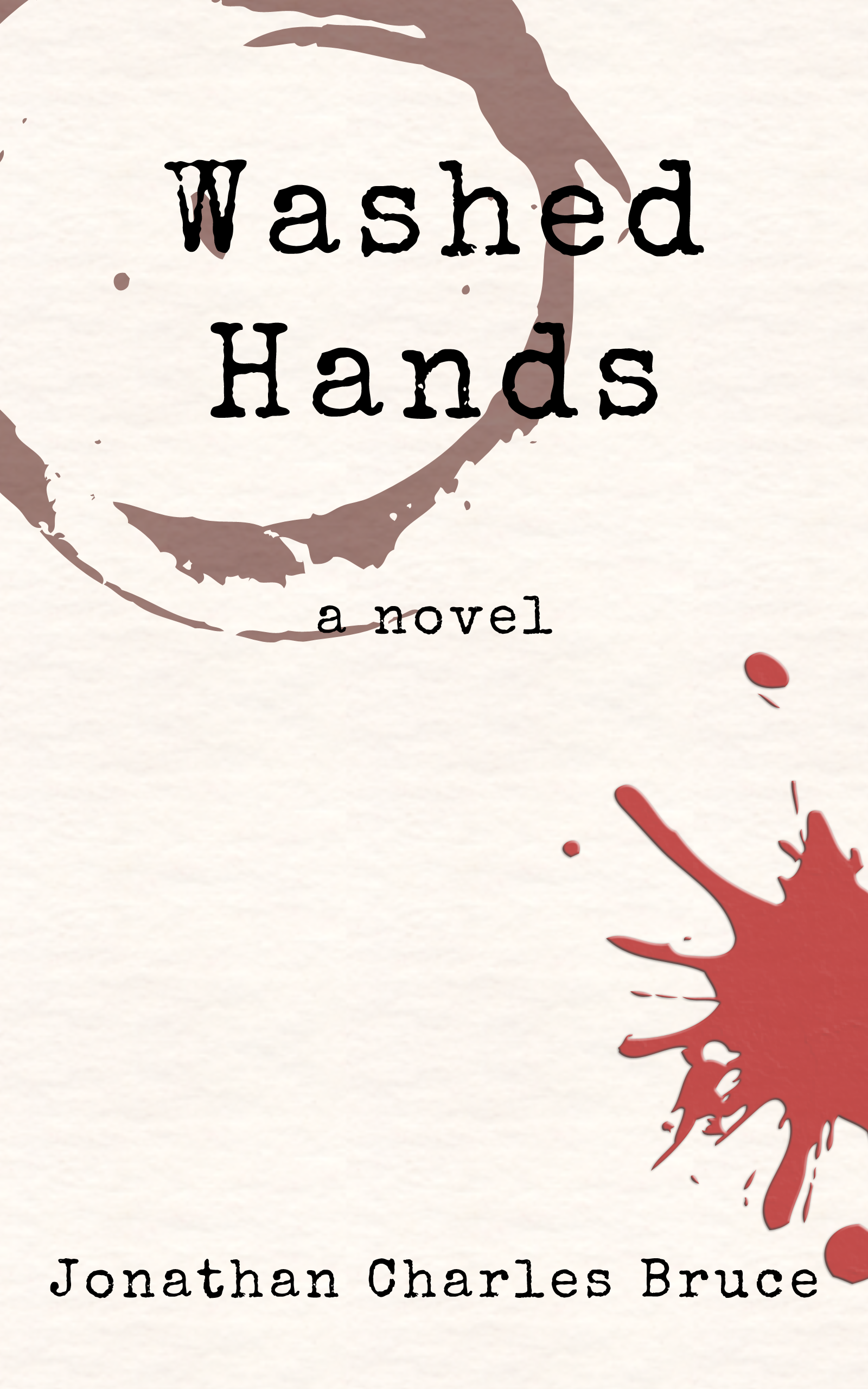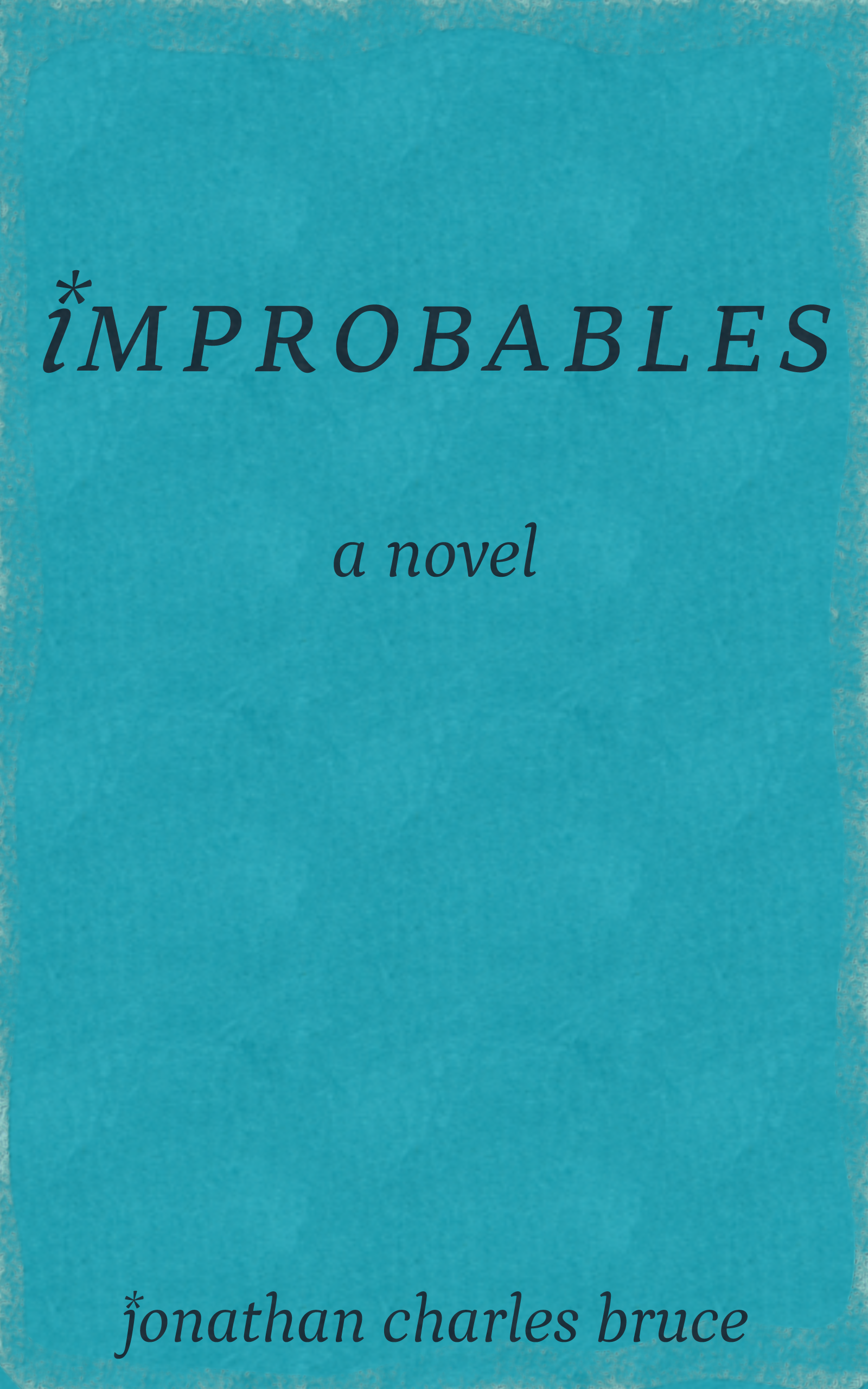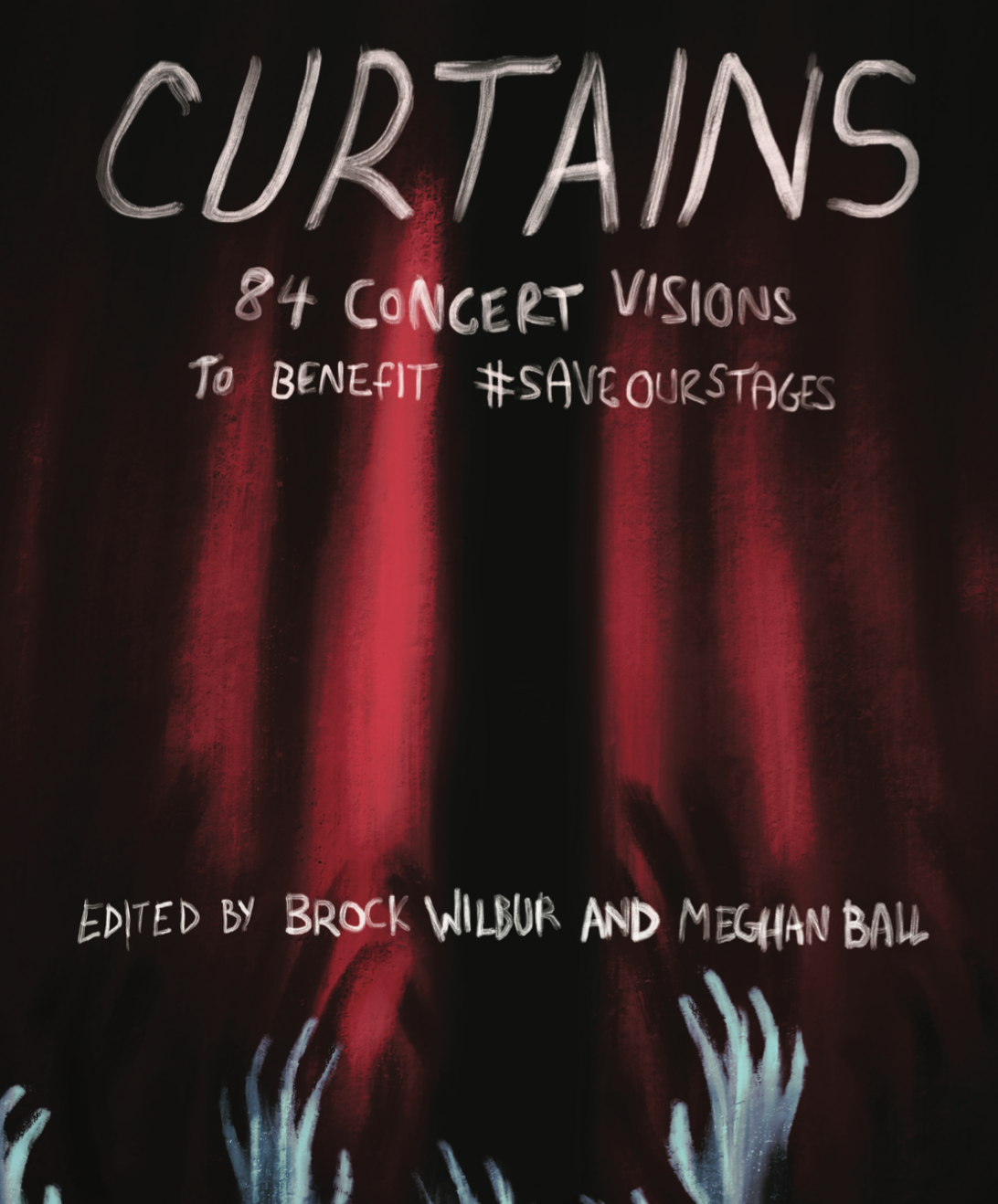Games Without Souls
Souls Without Games
I’ve spent a fairly long time playing Bloodborne and Assassin’s Creed Syndicate in the past couple of weeks. They are two very different games that handle the spaces they create differently. And yet, I think they make for a very useful comparative set. One is a great game without a soul, and the other is a great soul without a game.
Allow me to explain myself.
Bloodborne is one of the Souls games, the most recent of a series well-known for its difficulty and gleeful obtuseness-bordering-on-hostility. There is very little outside of combat in the game—you take control of a hunter who will murder their way through the town of Yharnam, which is essentially steampunk London with ludicrous architecture. Just because combat is all this game really does is not a sign of poor quality. The ebb and flow of fighting the various beasties is (for the most part) masterful, rewarding players for aggressively creating opportunities but punishing hubris. It’s really enough to carry an entire game.
Which is good, because there’s pretty much nothing else to keep you going.

Bloodborne is a very serious game about very serious things.
Okay, that’s not strictly true. The environments are fun to explore, even if the vast majority of them feel like you’re just journeying through a Hollywood set of a proposed Castlevania or similarly “Victorian horror” movie: beautiful, detailed, but only skin-deep. The monster designs are, for the most part, grotesque enough to titillate a morbid sense of curiosity.
But there’s no investment in the outcome of the game outside of the generic “Well, I guess I’m the hero or whatever.” The story, such that it is, is that, at some point in the nonspecific past, someone discovered that transfusing blood of monsters/gods/whatever into people lets you live longer, gain insight into the workings of the universe, and trip balls. This creates a church dedicated to worshiping space-squid-god-monsters and getting high on blood.
But, since no one in this world has the concept of common sense, it turns out that infusing yourself with blood from horrors and making it available to everyone and their children is a colossally bad idea as it turns people into monsters. The presence of monsters creates the need for hunters. You, as a hunter from out of town, get to run through the streets, killing a metric ton of what amounts to drug addicts suffering from withdrawals and the occasional bigger, werewolfier/undead victim. As you get further into the main quest, you also encounter elder gods and literal alien greys who you can straight up murder with your starting ax.
Because it’s totally possible to kill deities beyond the ken of mortals, you see.

Bloodborne is a very serious game about very serious things and certainly not about bells breaking the laws of physics.
If it seems weird but oddly familiar, that’s because it’s essentially Shadow Over Innsmouth by H.P. Lovecraft. A population worships alien gods, which begins the transformation of said people into monsters. Bloodborne fleshes it out a bit more through the fact that the religion is open about its existence and embraces the insanity that the knowledge imparted by the Great Ones causes, but it doesn’t matter. The church itself has something like a billion separate and secret-ish orders within it, each one more cartoonishly evil than the last.
There’s one sect that kidnaps people and uses them to built a hideous (an easily killable) flesh-golem-god-thinger! But then this group takes orphans and turns them into bubble-headed aliens! And the population just kind of… goes with this. Sure. Why not?
Now a remix on familiar themes isn’t bad, but the problem is within the way the game tells its story. Outside of a handful of borderline-nonsensical cutscenes, most of the events of the game are to be found within the flavor text that comes with items. There are some environmental clues here and there, but they come across more as interesting aesthetic decisions than anything else.
The familiar story coupled with the self-defeating (and, in my meanest moments, I would suggest pretentious) way it is presented means that, ultimately, I don’t care about Bloodborne as anything other than a series of challenges to be conquered. The world is gross, the population is weird and creepy (and stupid) as fuck, there are no moments of levity or joy—who the hell cares if anyone lives through the night? And since my most complex interaction with the world is deciding when and if something dies, my methods of engagement are horribly limited. Even if I wanted to care, I really couldn’t.

Bloodborne is a very serious game about very serious things and certainly not about werewolf orgies.
And to preemptively offset the argument that Bloodborne’s plot is actually super deep and engaging and that I must not get it, nearly every Lovecraft-inspired wankery has the main theme of nihilism and the inherent pointlessness of humanity’s struggles. With that being the case, the game itself tells you that anything outside of its gameplay doesn’t matter. Which, honestly, is a weird stance for a game where I can literally (and fairly easily) slay reality-bending murder gods, but whatever, right?
That isn’t to say it isn’t a great game, but it’s great in the way that something like old-school Contra, Castlevania, and Mega Man games were great. The attempts to fit all the different level aesthetics into a coherent narrative were haphazard at best and silly at worst, but the point was to create a playable, challenging game first. The rest was whatever; games without souls.

Bloodborne is a very serious game about very serious things and certainly not about providing grief counseling to heartbroken monsters.
But if Bloodborne is a game without a soul, then Assassin’s Creed Syndicate is a soul in search of a halfway decent game. I am not invested at all in the series, but I am a history dork, so from the very beginning I was interested in seeing how this romp about 1868 London would play out. The game follows Evie and Jacob Frye, twin siblings who have to kill a very bad man who has united all the street gangs London and is just, in general, a bit of dick. They’re also looking for a magical macguffin of some kind, which I’m sure is very important to whatever larger story is being told.
The point is that the writing and acting in Syndicate is absolutely charming and fun, with a tremendous understanding of the balance between seriousness and levity. The relationship between the siblings is absolutely precious, with Jacob as the cavalier rogue and Evie as the serious-minded mastermind. Despite falling into those well-worn narrative archetypes, both characters still exhibit a wide range of emotions and develop fully as characters. Even those that surround them as allies are interesting, given little tics and sparks that make them feel whole.
And, since I do have a thing for villains, I appreciate that there are a number of baddies that are developed in interesting ways. As you work your way (that is to say, murder) through the main antagonist’s associates, we get his reaction to the news. When you whack his cousin, his next scene is playing the piano and signing. It’s such a powerful moment (somewhat undercut when he ends up shooting a lackey who interrupts him) because it shows him as human, vulnerable. You are crushing his empire, but you killed someone he loves—and it’s clear which he cherished more.
It’s full of wonderful little touches of life, too. As you wander around London, you see people start arguments in support of child labor. People are pickpocketed. A group of buskers will perform in a park, or a random group of men and women will break out in song. While large stretches of London have the unfortunate tendency to feel much like Bloodborne’s Hollywood-backlot set, the space just feels much more realized.
To put this another way, I can’t imagine anyone working in Yharnam as anything other than a walking blood-udder, as the city is laid out to look pretty, but not like a space where people lived, worked, and raised a family. For all of its purportedly human-designed grandeur, it lacks even the basic qualities of meeting human needs.

Unless that basic need is lookin' like a badass, 'cause we got that handled.
In contrast, I can at least walk by a factory in London and see workers passing through the gates. I can listen to people shouting the news in an effort to sell papers. I see people putting up flyers or arguing with each other. It’s as close to wandering through a historical period as you can feasibly get. And there’s no risk of developing pneumonia!
(EDIT 1/18/2016: I realize London is a real city and that Syndicate's rendition of it is attempting to be as faithful as possible to that urban environment, but the totality of work the creators put into it makes it feel like a real, lived space; for a game with a "real" city that feels like a cardboard cut out, look no further than Prototype's ugly, lifeless New York City.)
The worst moments of Syndicate are, interestingly enough, when it veers into some kind of weird pre-human civilization bullshittery, which I’m assuming is just part of the franchise no one wants to eject for fear of diehard fans eating their souls. It’s handled in the most awkward way possible, but it does allow us to assassin it up in World War One, which is pretty cool.

Well, this was unexpected.
But the game itself is… well, it’s a bowl of potato chips: not satisfying, but not gross enough to stop. There’s nothing that actually feels good about the game. Sneaking sections are mostly uninspired and consist of just quietly killing everyone until you can run around without consequence. Sprinting about London in general can be annoying, because your assassin gets caught up on everything and if you’re doing anything other than running in a straight line (like climbing), there’s a 15% chance that any given command will refuse to register or you’ll end up veering in a direction the game spontaneously decides is best. To make matters worse, there’s a weird weightiness to both Jacob and Evie that makes them feel like I’m trying to command a giant belligerent toddler.
Combat is sticky and frustrating, which is odd since you’ll be doing that in just about every mission. And while it’s at times functional, enemies never evolve. You pummel enemies until they block, then you break the block, and then you pummel them more. You can dodge distance attacks and counter physical ones, but that’s literally all there is to it. Higher level enemies just seem to make your controller less responsive—no additional move sets or technology, just some bizarre ability to prevent you from doing what you want your character to do.
There are some combat upgrades that should make things easier or more interesting. Enemies can be finished off with some stylish maneuvers, and you can make it so Jacob and Evie can kill multiple foes with one super slick move. Unfortunately, the game decides you can and cannot do the multi-kill at seeming random, where more often than not I have to watch my assassin slowly murderize individual goons while their cohorts, stunned and watching gormlessly, wait patiently for their turn.
Ultimately, Syndicate is a game that I’m invested in but is apparently desperate to keep me at arm’s length with its unnecessary padding and standard open-world gameplay. There’s nothing unique, other than the story and characters, that I can point to and say is the reason this game exists. It’s a soul without a quality game.
I think this point is best illustrated by two anecdotes involving children. In Bloodborne, you can come across a nameless small child, sequestered in a house. You never see her, but she asks you to find her mom and dad. She gives you a music box, telling you that her father will remember her if you play it. Eventually, you come across her father and discover that he has become a monster.
After a pitched battle with a boss monster with three completely separate phases designed to test everything you’ve learned up to this point gameplay-wise, you discover his wife’s body and her brooch. If you return it to the child, she goes silent. Alternately, you can keep quiet and send her to a safe place, where upon she tells you she loves you just as she loves her parents.
In either situation, she ends up eaten by a giant pig in the sewers (or killed by a fanatic). But who cares? Life is cheap in Bloodborne, so one dead little girl means nothing. Even if I concede that the story is worthwhile (which I don’t), in the end her life and death is pointless, so why bother?
In Assassin’s Creed Syndicate, you meet a child named Clara O’Dea. She can be seen playing games with the other street children, but when she interacts with you, she’s a little adult. You don’t have to know a thing about the street children of the 19th century to understand who this girl is and why she does what she does. Even though she’s confident, there’s an underlying heartache when dealing with her.
She sends you around to clean up the city’s industries that are using child labor. It’s tedious, boring work that comes to represent a lot of the drudgery in the game’s experience: kill the foreman, free the children. Some of the buildings have two floors, some have three. Some have only a single building, others have a couple. But no matter: my level 4 assassin is clearing out a space meant for level 7 player because between headshots and stealth kills, it doesn’t matter.
Hours pass. I’ve effortlessly murdered so many men in red jackets threatening to starve children that the grim reality of child labor is nearly pushed from my brain. The actual horror of having children doing jobs that can maim and kill them is now relegated to an objective to be ticked off a list. Human rights violations? Walk up to the bad people and hit square, that’ll fix things! I wonder if the UN knows about this?

Does science know about how we can turn bones into jelly?
When you finish all the missions, you can talk to Clara again. After some thanks, she looks at Jacob, who gives her a nod of approval before she hugs Evie. After a moment, Evie partially returns the embrace. It’s a warm and important moment for both—Clara learning that she can trust an adult, and Evie that she made a tangible difference. While life may be cheap while playing the game, it clearly means something when the story comes into play.
< PREVIOUS ENTRY • NEXT ENTRY >
Advice • Fiction • Gaming • General Musings • Reviews





